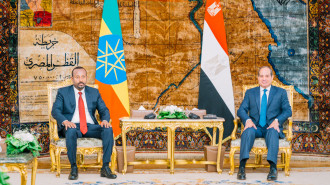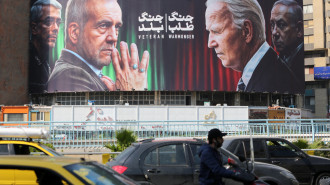Sudan and the slave trade
Sudan has historically been one of the countries most affected by the slave trade in Africa - but it was only very recently, in March 2014, that the government passed any anti-slavery legislation.
Slavery has tarnished the country's history and continues to damage its international reputation, vindicating the comments of prominent Egyptian author Tawfiq al-Hakim: "Slavery will never disappear, as every age has its slaves."
The anti-slavery law paved the way for an international conference on human trafficking in Khartoum in mid-October, which attracted 168 participants from the United States, Italy, and across Africa. The event was planned ahead of the International Day for the Abolition of Slavery on 2 December.
Gangs and illegal immigration
Sudan's location makes it a common starting point for migrants from neighbouring African countries, who plan to continue their journey towards Europe, Israel, or the Gulf countries. Human trafficking gangs control these illegal routes and seek to cash in on the desperation of refugees.
| The government insists that Sudan is only a transit point for human trafficking, despite the damning evidence to the contrary. |
The apparent reluctance of the government to curb the influence of these gangs has led to accusations of complicity - accusations which have not abated since the new legislation came into force.
Allegations include the suggestion that the government turns a blind eye to the trafficking activities of Arab tribes in eastern Sudan, in return for help in quashing recalcitrant groups - a situation similar to the events leading up to the Darfur crisis.
The grinding poverty and unemployment in Sudan, in addition to armed conflicts and government corruption, all contribute to the problem of trafficking. As a result, multi-national trafficking gangs have been able to operate along Sudan's borders and its long Red Sea coast with almost complete impunity.
Despite government efforts to play down the issue, the true scale of trafficking has become clear as fatalities on the immigration routes increase and stories grow ever more gruesome.
Point of transit
The government insists that Sudan is only a transit point for human trafficking, despite the damning evidence to the contrary. The United Nations has revealed the existence of Sudanese middlemen, and human traffickers protected by their local tribesmen.
Some of these groups have become so bold they have forced the government to free a trafficker from a prison in Kassala province, eastern Sudan. The jailbreak did not result in a police investigation - which is unsurprising when one considers that some international organisations have accused Sudanese security officials of being complicit in human trafficking between east Sudan and neighbouring countries.
Slavery
Human trafficking and the slave trade have both played a prominent role in Sudan's history, with slave traders once occupying a role highly admired by society. The most famous slave trader was al-Zubayr Pasha (1831-1913), who amassed a personal fortune under Egyptian Ottoman rule, and whose main victims were the tribes of south Sudan and the Nuba Mountains.
| Slavery in Sudan is not only a historical legacy. |
Later, the Mahdist Revolution legitimised slavery, which elevated al-Zubayr Pasha to the level of a hero in the eyes of many Sudanese people. During the fervour of the revolution and its expansionist ambitions, the enslavement of tribes or individuals became commonplace and slavery played an increasingly important role in society.
But slavery in Sudan is not only a historical legacy. Recently the government has demonstrated that it might be a state policy. Despite outlawing the practice - under pressure - President Omar al-Bashir has hinted at his support for slavery on several occasions, the most flagrant of which were his comments on the potential for South Sudan independence in 2011.
"Never buy a slave unless the stick comes along with him," he quoted from a verse of poetry. "Slaves are sleazy and belligerent."
What is more, there is a tradition among northern army officers of keeping a southern child as a servant without pay. The excuse usually given is that war has deprived the child of a family, and so it is an act of kindness merely to give the child shelter.
Human trafficking does not just afflict the children of the south, however. Northern Sudanese youth have also been sold in the desert between Sudan, Egypt, and Libya. These young people paid a lot of money to be smuggled out of Sudan, after they were promised jobs and a bright future.
The legislation against human trafficking in Sudan is an important step. Those found guilty face the death sentence, or a prison sentence between five and 20 years. However, it is an irony that the Sudanese government would play host to a conference against human trafficking when it is yet to clean up its own act.
This is an edited translation from our Arabic edition.

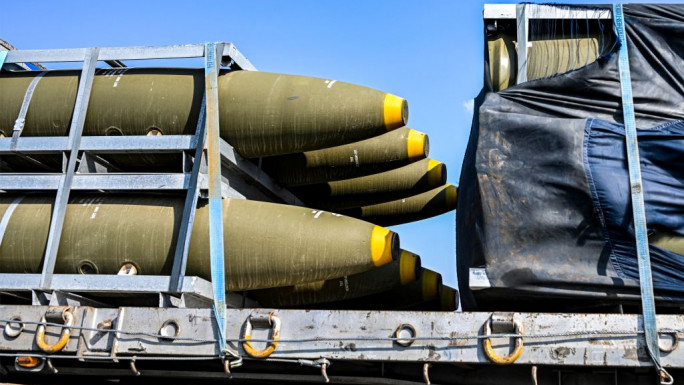
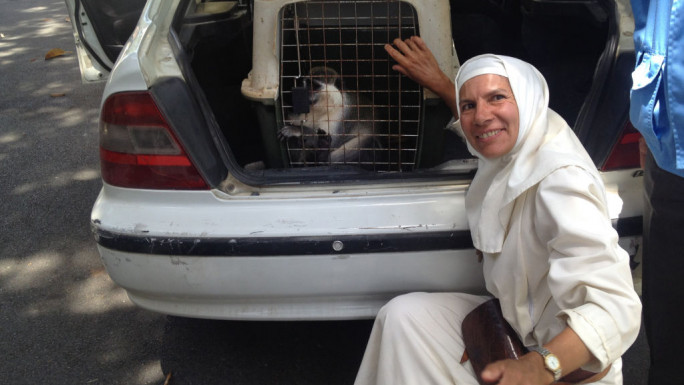

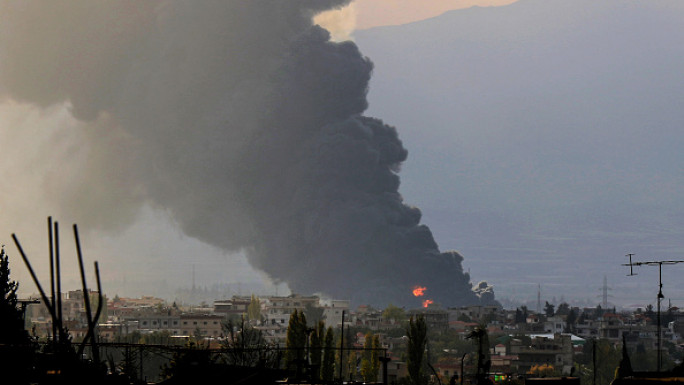
 Follow the Middle East's top stories in English at The New Arab on Google News
Follow the Middle East's top stories in English at The New Arab on Google News
